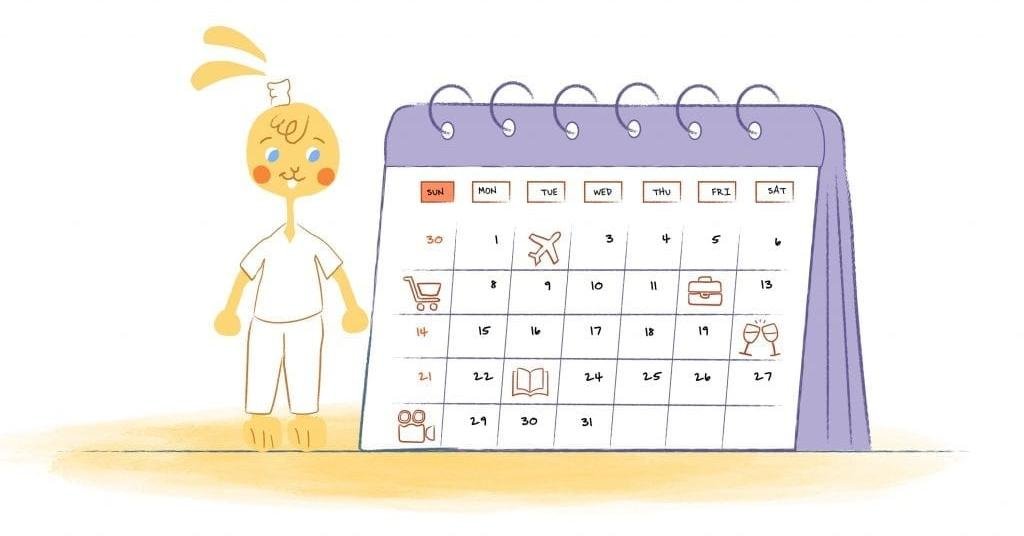Calendars have been an essential part of human civilization for thousands of years. They are tools for organizing time, tracking events, and planning activities. While modern technology has given us digital calendars and scheduling apps, the fundamental need for a calendar remains unchanged. In this article, we will explore why calendars are crucial in our lives and how they help us navigate the complexities of time.
Organization and Structure
One of the primary purposes of a printed calendar is to provide a structured framework for organizing time. It divides days, weeks, months, and years into manageable units, helping us create order. With a calendar, coordinating schedules, planning events, or setting deadlines effectively would be easier.
Time Management
Calendars are indispensable tools for managing our time efficiently. They allow us to allocate specific time slots for meetings, appointments, work tasks, and personal commitments. By visualizing our schedules, we can avoid overcommitting and ensure we make the most available time.
Memory Aid
Human memory has limitations, and relying solely on memory to remember important dates and events is risky. Calendars serve as external memory aids, allowing us to record and recall essential dates, such as birthdays, anniversaries, and deadlines. This helps us remember crucial commitments.
Planning and Goal Setting
Calendars enable us to set goals and plan our actions over time. We can work steadily toward our objectives by marking significant milestones, setting deadlines, and breaking tasks into manageable steps. Calendars provide a visual roadmap for achieving our long-term and short-term goals.
Coordination and Collaboration
In both personal and professional settings, calendars facilitate coordination and collaboration. Shared calendars allow teams to synchronize schedules, plan meetings, and coordinate projects effectively. This collaborative approach streamlines communication and reduces scheduling conflicts.
Record Keeping
Calendars serve as historical records of events and activities. They provide a valuable reference point for reviewing past accomplishments, documenting milestones, and analyzing trends. This record-keeping aspect is essential for businesses, historians, and individuals alike.
Seasonal Awareness
Calendars also help us stay aware of the changing seasons and celestial events. Traditional calendars, like the lunar or agricultural calendars, were developed to track the seasons, agricultural cycles, and religious observances. Even modern calendars, while standardized for convenience, retain their connection to astronomical events, such as equinoxes and solstices.
Cultural and Religious Observance
Many cultures and religions have unique calendars to mark significant cultural, religious, or historical events. These calendars play a crucial role in preserving cultural heritage, ensuring the observance of religious festivals, and maintaining cultural identities.
Global Coordination
In our interconnected world, calendars help us coordinate activities and events on a global scale. Standardized calendars, such as the Gregorian calendar, are used worldwide for international business, travel, and diplomacy, providing a common framework for scheduling and communication.
Conclusion
Calendars are more than just tools for tracking dates; they are essential instruments for structuring time, organizing our lives, and planning for the future. Whether we use paper calendars hanging on our walls or digital apps on our smartphones, calendars play a vital role in helping us navigate the complexities of modern life. With calendars, our ability to manage time, coordinate activities, and achieve our goals would be significantly protected. In essence, calendars are timeless tools that remain indispensable in our ever-evolving world.
